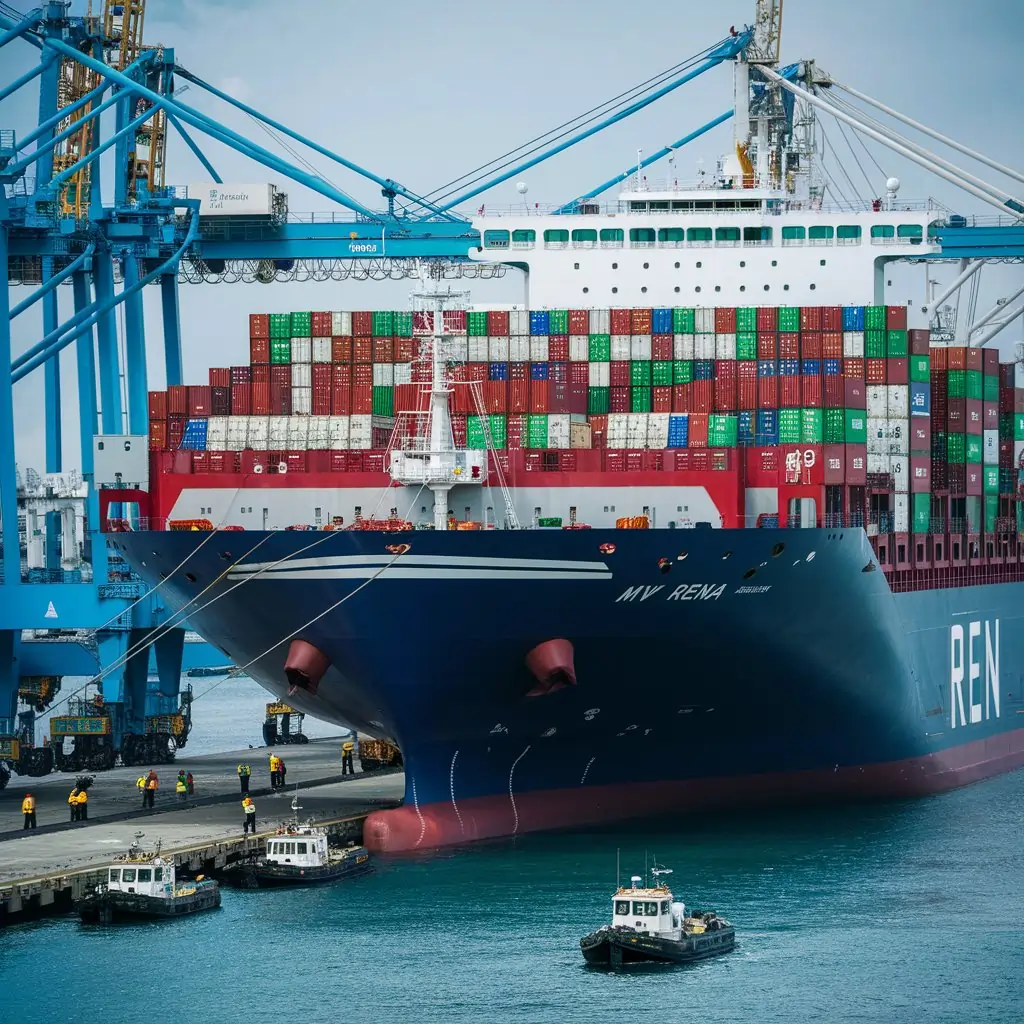Flutterwave Scandal: The Rise and Fall of Africa’s Leading Fintech Innovator
Flutterwave Scandal, In 2016, a company called Flutterwave began with a big goal. They aimed to make it easy

Flutterwave Scandal, In 2016, a company called Flutterwave began with a big goal. They aimed to make it easy for African individuals and businesses to move money.
They created smart payment solutions like digital wallets and payment processing.
Their system was user-friendly, which both companies and people liked a lot.
As Flutterwave grew more extensive, it became well-known in the fintech landscape.
They focused on financial inclusivity and wanted to make finance fair for all.
Their services helped people easily send money to other countries, which was necessary for many.
They were not just any company but a key player in improving how money is managed for people throughout Africa.
Flutter Wave’s Challenges
The Flutterwave Scandal shows the challenges the company is dealing with in a changing fintech world.
Their ability to address issues swiftly and develop practical solutions is essential.
They must communicate transparently with users, proving they can keep stability while aiming for innovation.
This situation is a real test of their resilience, showing that setbacks can catalyze improvement in this sector.
It’s a pivotal moment, showing how well they can adjust and grow.
Flutterwave Scandal: The Rise and Challenges
The Flutterwave Scandal shows how the company became important by using a new and unique approach in the African financial landscape.
This method helped people get around the limited access to traditional banking services, making Flutterwave a significant force.
They could handle transactions in many types of money and work with financial institutions, improving their standing.
But now, they face new problems like technical glitches, service outages, and delayed transactions.
These issues are testing their strength and operational resilience.
These problems have upset users and businesses, leading to a deep check of Flutterwave’s stability and system.

Also read: Mastering Gradient Descent: Optimizing Machine Learning
Governance Woes
In the center of Nigeria’s tech sector, the Flutterwave scandal has sparked a discussion about how African companies are run.
There’s a lot of talk in the news and on Twitter about severe issues like bad workplace behavior and sexual harassment.
Vishal Agarwal, an essential leader in the area, says these problems with how companies are run aren’t just one-time things; they show a more significant pattern in the business world.
As African start-ups like Flutterwave and OPay become very successful, it’s essential to focus on being open, following rules, and working with local investors.
This situation reflects what’s happening in the global finance tech world, from Germany’s Wirecard to India’s BharatPe.
Raj Kulasingam, who invests in new companies, stresses the importance of checking things closely, especially when money from other countries comes into play, to ensure all is done right and outside funds are handled well.

A Unicorn’s Damaged Wings
In 2016, Flutterwave, a fintech start-up from Lagos, quickly became the top company in its field in Africa.
It grew its payment system to 34 countries and handled over 200 million transactions.
But in 2021, the company faced significant problems. Clara Odero, who used to work there and is now a CEO at Kenyan fintech Credrails, said that Flutterwave and its leader, Mr. Agboola, were mean and careless.
She also claimed they created a fake co-founder to get more share options. Despite these accusations, Flutterwave said they did nothing wrong.
They stated they were a private company that followed legal processes and good work rules.
This issue showed how tough it is to manage and follow regulations in Africa’s fast-growing fintech world.
It also showed how important it is to be transparent and responsible to keep investors’ trust and run the business right.








